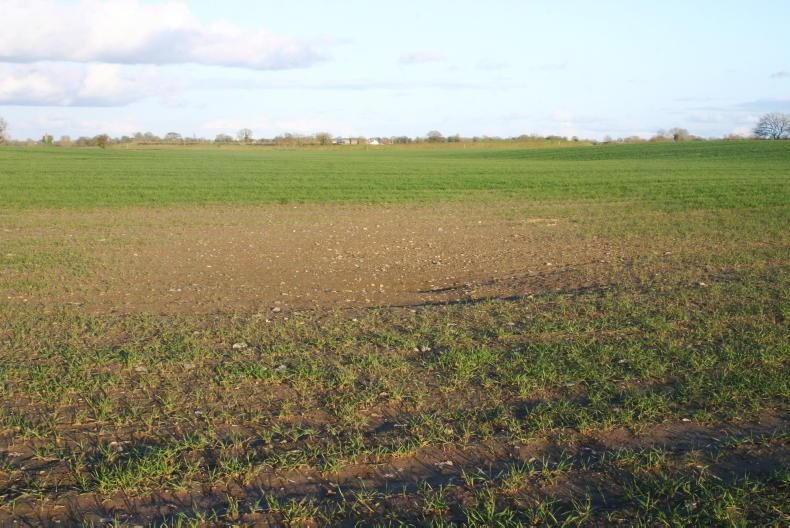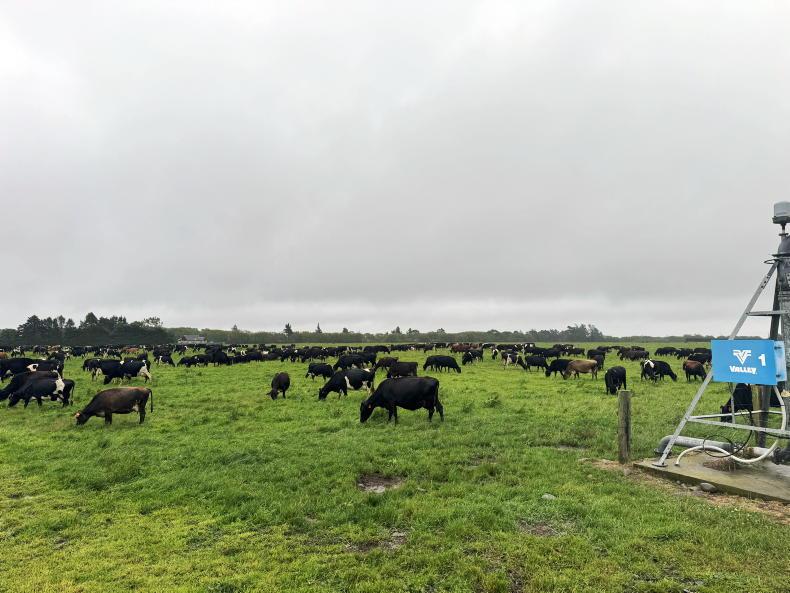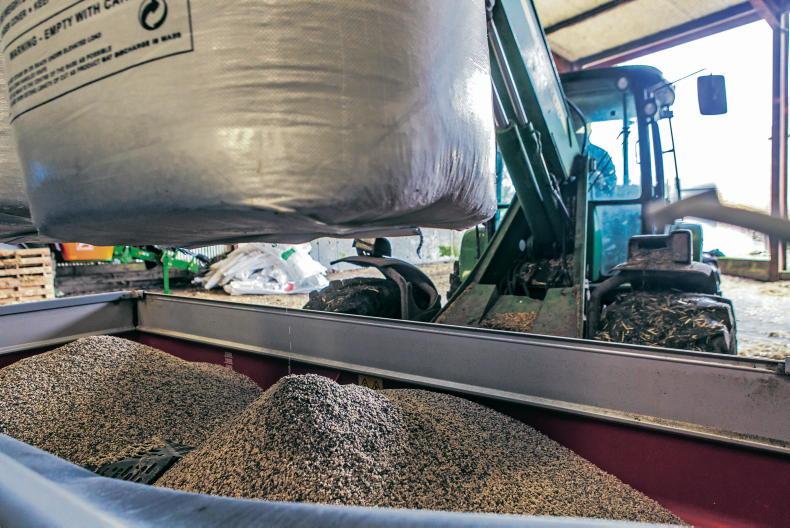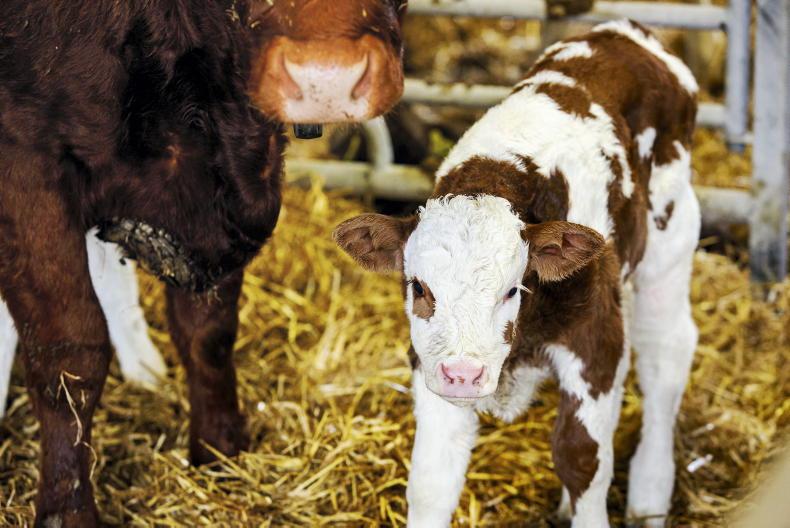Another wet week
Most of the country got more than enough rain in the past week but a few relatively dry days saw drills back out in parts of the country.
Rainfall amounts in the three Cork Met Éireann stations for November to-date have been either side of 90mm, while the three Dublin stations were either side of 30mm.
Soil temperatures have dropped again in recent days. At the start of this week they ranged from 6-9°C. This will slow germination and growth.
Air temperatures are forecast to be at or above normal in early December, with the east getting the least rain over the next week or so.
Frost is also possible in the weeks ahead, which will help limit aphid spread. With dryer weather in the longer term forecast, growers might hold off on trying to travel with herbicide and insecticide for as long as the risk of destroying tramlines or even getting stuck is high.
Herbicide
Whether or not fields received herbicide before now, this is a good time to check on weed progress. What is there or what has survived?
In fields that were not sprayed already, herbicide choice should be governed by the weeds currently in the crop. Weeds can be slow to emerge with later sowing, and so a residual like flufenacet or pendimethalin may still work well.
If there are mainly broadleaved weeds present, the addition of products like DFF or Defy could help broaden the weed spectrum.
If crops already contain an amount of stronger meadowgrass, wild oats, or other grasses, it may be best to wait until spring to treat them with products like Alister or Pacifica.
It is important to know if you have herbicide resistance in any weeds that have proven difficult to control in the past.
Aphicide
All early sown crops must be considered as being at risk from BYDV infection. Some of these may already have been sprayed once, but a second treatment may be needed in high-risk locations or situations.
While the recent drop in temperatures will slow multiplication, you cannot depend on it to kill the aphids that are present.
The timing of a second aphicide is quite flexible and can be effective up into January. Try to use a product from a different family if you are applying a second aphicide.
Soil testing
Accurate soil tests are essential to guide targeted use of expensive fertiliser. Take samples when soils soak a bit. A soil test is only valid for four years and your P level is taken as Index 4 if you do not have a valid test.
Soil fertility can only be improved over several years with high application rates and with the help of organic manures. Soil tests help you to make better input use decisions and pH is critical.
Where pH is low the efficiency of all other inputs will be reduced, including applied fertilisers.
ITLUS conference
The annual Irish Tillage and Land Use Society conference takes place on 1 December in the Clanard Court Hotel in Athy. If you wish to attend, contact Sinead at itlussec50@gmail.com for information.










SHARING OPTIONS